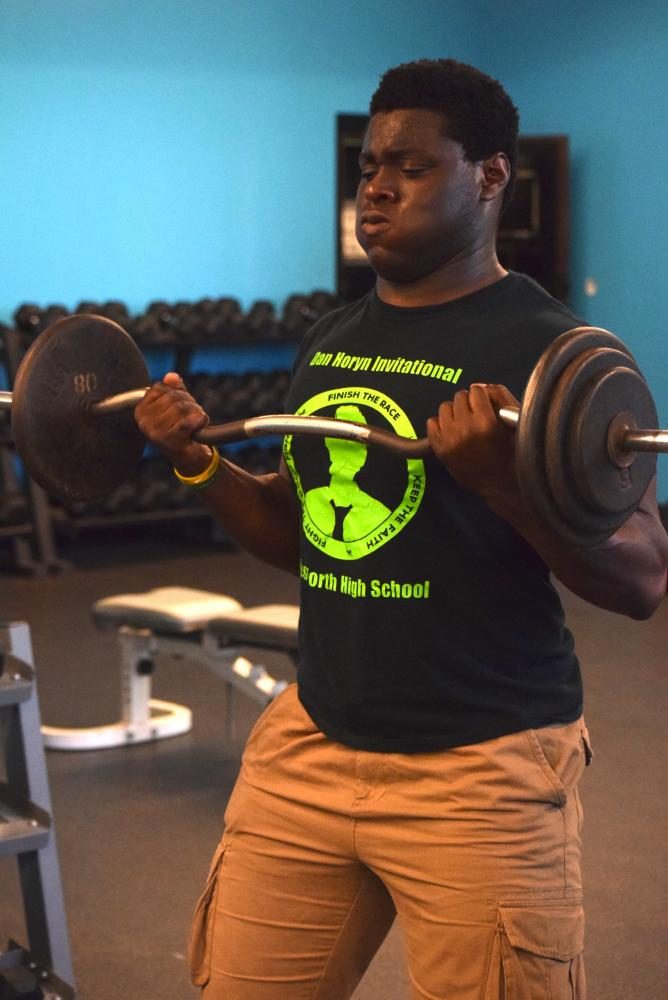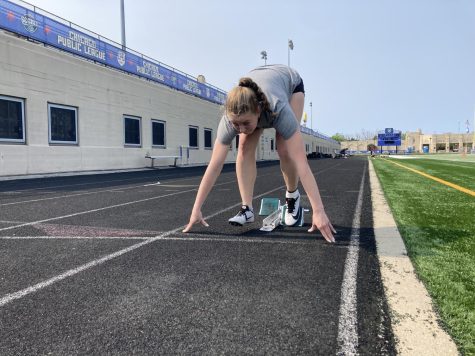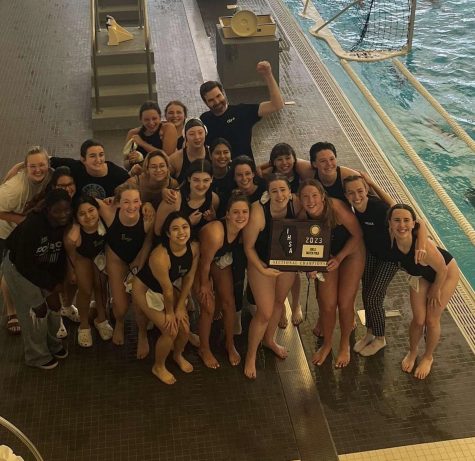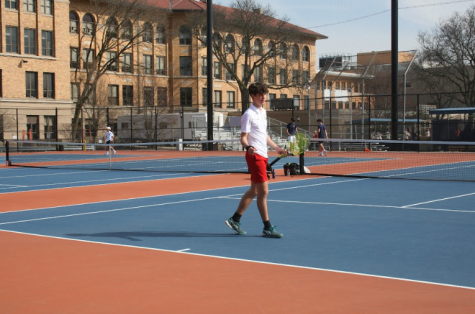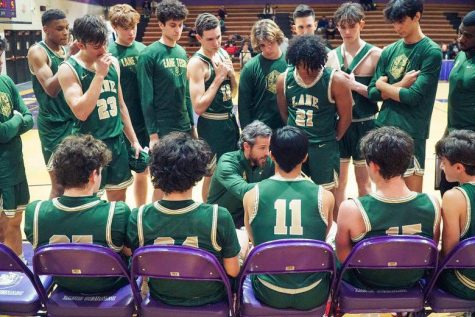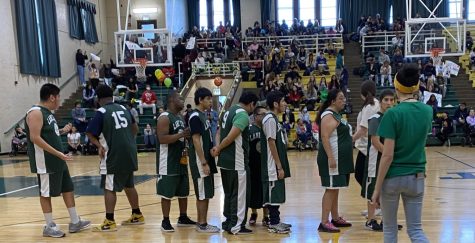Athletes search for ideal level of motivation
Two-sport athlete Jeremiah Olojo lifts during the offseason to prepare for his upcoming college football season. Olojo will be playing football at Valparaiso University in Indiana.
June 2, 2017
Throughout a long, drawn-out season, the ability to stay focused and get better as an athlete becomes increasingly difficult. For many athletes, the most important factor in staying competitive is motivation.
Motivation through the course of a long season affects not only the play of individual players, but also the success of the team. Being able to stay motivated over months and months of training is difficult regardless of circumstances, but all of the underdog stories in sports that we glorify today have one crucial thing in common: their ability to stay motivated and determined even in the worst situations.
Staying motivated to keep improving and to put in work at practice every single day even through the course of a disappointing season is a quality that distinguishes the really great teams from the mediocre ones.
When motivation dwindles through the course of a season, so does the potential for one to have a positive attitude towards the remainder of the year.
Richard Nguyen, Div. 858, varsity track athlete has had much experience with staying focused through the grueling eight month long track season.
“As the season continues, I start to get more and more tired because of all the wear and tear on my body,” Nguyen said. “It becomes difficult to actually improve continuously, as the track season is during both the winter and spring. But my attitude does not differ. Staying focused is what gets me through it.”
Being motivated keeps morale high and allows players to fight through adversity in order to help the team be competitive in the upcoming games.
“Motivated athletes are able to push through discomfort, boredom, distraction, and minor injuries,” according to peaksports.com.
Earl Moanog, Div. 663, is a varsity football and track athlete who spent over ten months of the year playing sports in some of the most competitive conferences in Chicago.
“Injuries are always a problem, but generally many are more likely to be injured in the second half vs. the first half of the season,” Moanog said.
Being able to avoid injury and continue playing throughout the season is a great benefit to the players and their teams. However when injuries do occur, motivation can be a detriment as players may risk further injuring themselves in order to continue playing.
Former Chicago Bull and now New York Knicks point guard Derrick Rose has had many career-altering injuries after his historic MVP season in 2011.
Since Rose’s first year in the league after being drafted number 1 overall in 2008, he has missed a total of 257 games in his career, according to the Chicago Tribune.
Many of the original injuries that he had caused him to rest for only one or two games, but as the reoccurring injuries started to become more common, he was forced to sit out additional games. Rose’s will and desire — his motivation — probably caused him to miss many more games in his career due to injuries that were not allowed time to heal.
Kayland Jones, Div. 862, is a varsity basketball player who missed the beginning of her season due to an injury.
“There are downsides to motivation, but it is something that is nice to have,” Jones said.
Players being motivated and determined to play through injuries in many cases have led to more long term injuries.
Motivation can be a very beneficial virtue to have though the course of a long season, but being motivated to the point where one has clouded judgement may lead to very drastic and potentially season ending injuries.

